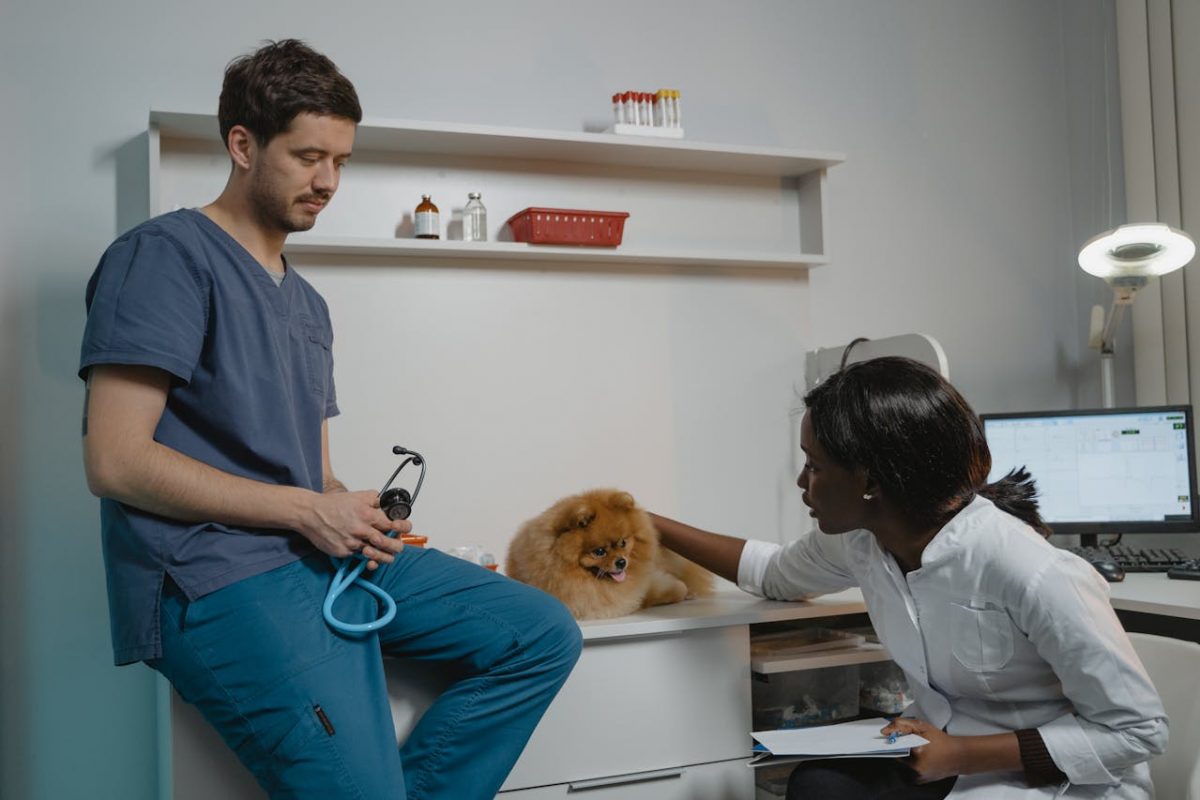When you’re trying to make the most of your pet insurance plan, knowing how to navigate care decisions with your veterinarian can make a big difference. Many pet parents don’t realize that some treatments, medications, or diagnostic tools might not be fully covered by their insurance provider. Having an open, informed conversation with your vet can help you avoid surprise costs and make smarter choices for your pet’s health. Here are six questions that can guide you toward more insurance-friendly care.
1. Can you help me understand what treatments are typically covered?
Veterinarians may not know the specifics of every insurance provider, but they often have experience working with different policies. Ask your vet if they’ve dealt with your provider before and if they can point out the types of treatments that tend to be reimbursed. This can help you plan ahead, especially for non-routine procedures or specialty care.
2. Do you provide itemized invoices for insurance claims?
Detailed invoices are essential when filing a claim. They should include line-by-line descriptions of services, medications, and diagnostic tests. Before your visit, ask the clinic if they provide itemized receipts automatically or if you need to request one. This small step can prevent delays in reimbursement.
3. Are there alternative treatments that are more likely to be covered?
Sometimes, there’s more than one way to approach a health issue. If a treatment isn’t covered or only partially reimbursed, your vet might know of a comparable option that fits within your insurance plan’s guidelines. This doesn’t mean compromising your pet’s care, it’s about finding balance between effective treatment and manageable costs.
4. Can we prioritize diagnostics based on necessity and coverage?
Not every test needs to happen at once. If your pet needs a workup, ask if you can stage tests over time, starting with the most essential or most likely to be covered. This approach can reduce your out-of-pocket expenses while still ensuring your pet gets the attention they need.
5. Do you have experience submitting pre-approvals or pre-authorizations?
Some insurance plans offer pre-approval for expensive treatments. Ask your vet if they’re familiar with this process or willing to help. It can offer peace of mind, knowing your insurance will contribute before you commit to a costly surgery or therapy.
6. Can your staff help me with claim forms or direct billing?
While not all clinics offer direct billing, some do help with paperwork or even submit claims on your behalf. If your vet’s office offers this support, it can save you time and reduce the risk of mistakes that might delay reimbursement.
Talking to your vet about insurance-friendly care doesn’t have to be awkward or uncomfortable. It’s a practical conversation that helps protect your finances and ensures your pet continues to get the best care possible. With a little preparation and the right questions, you can feel more confident in every appointment.



